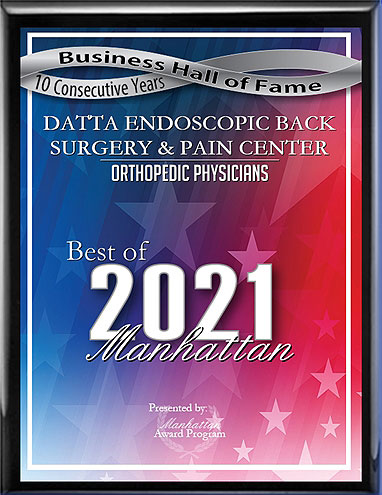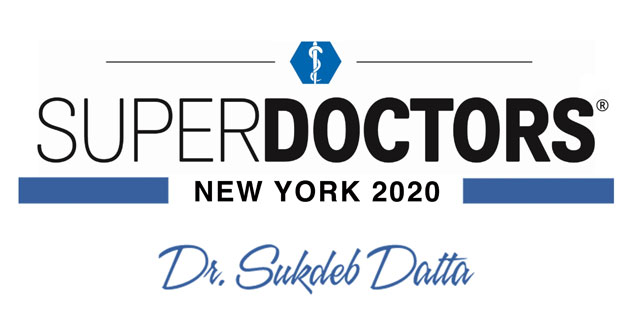Disc herniations are one of the most common spine conditions. Below, we will take a look at the causes of and treatment for a cervical disc herniation, which is a disc herniation that occurs in the neck.
Causes
In most cases, a cervical disc herniation is not caused by a specific injury, but rather by the degeneration of one or more spinal discs. As people age, sometimes the discs begin to lose fluid and strength, which makes them thinner and more prone to tears. As the discs continue to degenerate, is it much easier for one or more discs to become herniated. Degenerative disc disease does not have a specific cause, but risk factors include genetics and obesity.
Other times, trauma causes the cervical disc herniation. For example, a car accident may result in a herniated disc, as may a fall or a contact injury. In some cases, the injury may occur after a relatively mild incident, especially if the disc was already weakened by age or degeneration.
Symptoms
The symptoms of a cervical disc herniation are sometimes more severe than the symptoms of a disc herniation in another part of the spine, because of the fact that the nerves of the cervical spine reach all other parts of the body, including the arms, torso, and legs.
Symptoms may occur in the neck, back, legs, or arms. They sometimes occur in the pelvis, but pelvic symptoms are much less common. Symptoms include:
- Pain, which may get worse during certain activities or positions
- Numbness or tingling in the limbs
- Muscle weakness in the limbs
You should see a doctor if you have pain that lasts for longer than a few days. In addition, a doctor should be consulted early on if you experience muscle weakness, numbness, or severe pain.
Treatment
Most cases of cervical disc herniation respond well to non-surgical treatments. In cases where symptoms are severe, symptoms are getting progressively worse, or other treatments have failed, surgical options may be considered. Some possible treatments for a disc herniation include:
- Physical therapy
- Non-steroidal anti-inflammatory drugs, such as Aleve and Advil
- Epidural steroid injections
- Laser spine surgery
- Open spine surgery
If you have symptoms of a cervical disc herniation, it is best to get treatment as soon as possible. Dr. Sukdeb Datta would be happy to meet with you about your spine health. To schedule your consultation today, please click below and enter your information or call the Datta Endoscopic Back Surgery and Pain Center at (212) 430-0312.






 EDISCSCULPT
EDISCSCULPT



